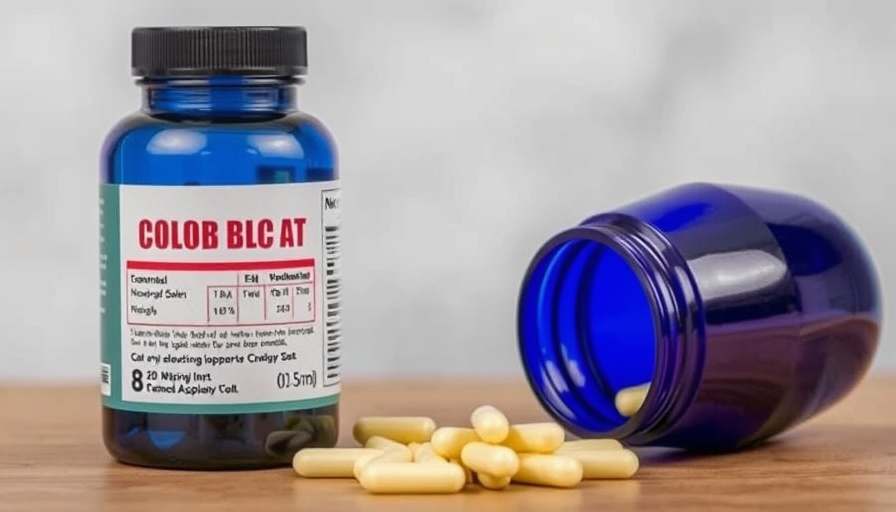
Understanding Supplement Expiration Dates: More than Just a Date
As parents and caregivers, we often find ourselves standing in the health aisle, juggling a wide range of vitamins and supplements in our shopping carts, only to be confronted by tiny print and expiration dates that raise more questions than they answer. What do these dates really mean in the context of nutrition and health? Unlike food expiration dates, which signal spoilage, supplement dates primarily indicate efficacy rather than safety.
What Expiration Dates Really Indicate
Expiration dates are more about peak potency than safety. When dealing with supplements, what often gets overlooked is the importance of the conditions under which they have been stored. Supplements that have been kept in a cool, dry place may retain their effectiveness longer than indicated, while poor storage conditions can accelerate potency loss. While the FDA mandated expiration dates on medications, studies suggest that many drugs remain potent well beyond these dates if stored correctly.
The FDA Study: Insights into Drug Longevity
A pivotal study commissioned by the U.S. military revealed that approximately 90% of over-the-counter and prescription medications were still safe and effective even 10-15 years past their expiration date! This finding begs the question—could the same be true for many herbal and dietary supplements that we commonly rely on? It’s crucial to familiarize ourselves with not just the expiration dates, but also the storage and even the sensory cues—like smell, flavor, and texture—that indicate whether a supplement might still be good.
Identifying Supplements That Should Be Discarded Immediately
Some supplements and medications, however, deserve our immediate attention when it comes to expiration:
- Tetracycline: This antibiotic can become harmful after expiration, particularly for the kidneys.
- Insulin: Potency drops, especially if exposed to heat.
- EpiPens: Critical for allergies, their effectiveness can decrease significantly after the expiration date.
- Liquid Antibiotics: These can spoil quickly or become contaminated, posing serious health risks.
- Eye Drops: Once expired, they may no longer be sterile and can lead to infections.
These examples highlight the importance of knowing which products warrant particular caution.
Preservation Practices for Your Family’s Health
Ensuring your family stays healthy isn't just about purchasing the right supplements; how you store them matters significantly. Keeping them in their original packaging, away from moisture and light, can preserve their integrity longer. This practice is especially vital for families where supplements might sit on shelves for a while before being used.
Final Thoughts: The Importance of Being Informed
As we navigate the complexities of nutrition, understanding expiration dates empowers us to make informed choices for ourselves and our loved ones. While it can be tempting to toss expired supplements, consider the quality of storage and the type of supplement before making a decision. A little education can lead to significant savings and assure you that you are still getting value from your shelf items. Remember, knowledge is power, especially when it comes to health and wellness!
If you enjoyed these tips and are interested in more insightful content about nutrition and health, don’t hesitate to reach out and engage with our community!
 Add Row
Add Row  Add
Add 




 Add Row
Add Row  Add
Add 

Write A Comment